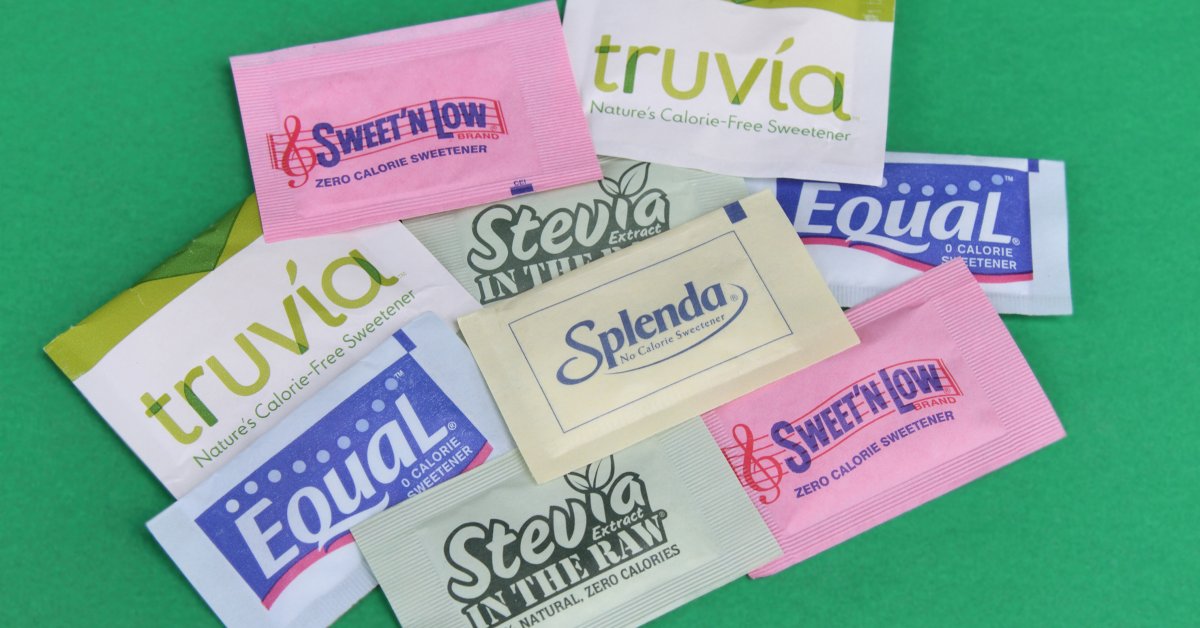Sat 20 May 2023:
The World Health Organization said that, artificial sweeteners, which are used to substitute sugar in a wide variety of products, do not aid in weight loss and may have harmful consequences on health.
The United Nations’ health agency released new guidelines Monday advising against using so-called non-sugar sweeteners, or NSS.
The use of NSS “suggests that use does not confer any long-term benefit in reducing body fat in adults or children,” according to a systematic evaluation of the current evidence, the WHO stated in a statement.

In addition, results from the review “suggest that there may be potential undesirable effects from long-term use of NSS, such as an increased risk of type 2 diabetes, cardiovascular diseases, and mortality in adults”.
Millions of people use sweeteners every day in items like diet soda or to sweeten coffee, in part to avoid gaining weight from sugar. However, there has long been debate over how healthful these alternatives are.
Francesco Branca, the director of nutrition and food safety for the WHO, emphasized that substituting artificial sweeteners for table sugar “does not help with weight control in the long term.”
“People need to consider other ways to reduce free sugars intake, such as consuming food with naturally occurring sugars, like fruit, or unsweetened food and beverages,” he said in a statement.
“NSS are not essential dietary factors and have no nutritional value. People should reduce the sweetness of the diet altogether, starting early in life, to improve their health.”

The WHO stated that everyone should follow its revised recommendation, with the exception of those who already have diabetes.
Additionally, it covers all artificial, naturally occurring, or modified sweeteners—those not classed as sugars—found in produced foods and beverages or offered for sale separately so that consumers can add them to other goods.
Among the most widely used sweeteners are acesulfame K, aspartame, advantame, cyclamates, neotame, saccharin, sucralose, stevia and stevia derivatives, it said.
Meanwhile, the UN health agency emphasized that their recommendations were only regarded conditional because of the complexity of NSS-use and the diversity of participants seen in the studies it had reviewed, which made it impossible to make clear conclusions.
SOURCE: INDEPENDENT PRESS AND NEWS AGENCIES
______________________________________________________________
FOLLOW INDEPENDENT PRESS:
TWITTER (CLICK HERE)
https://twitter.com/IpIndependent
FACEBOOK (CLICK HERE)
https://web.facebook.com/ipindependent
Think your friends would be interested? Share this story!





